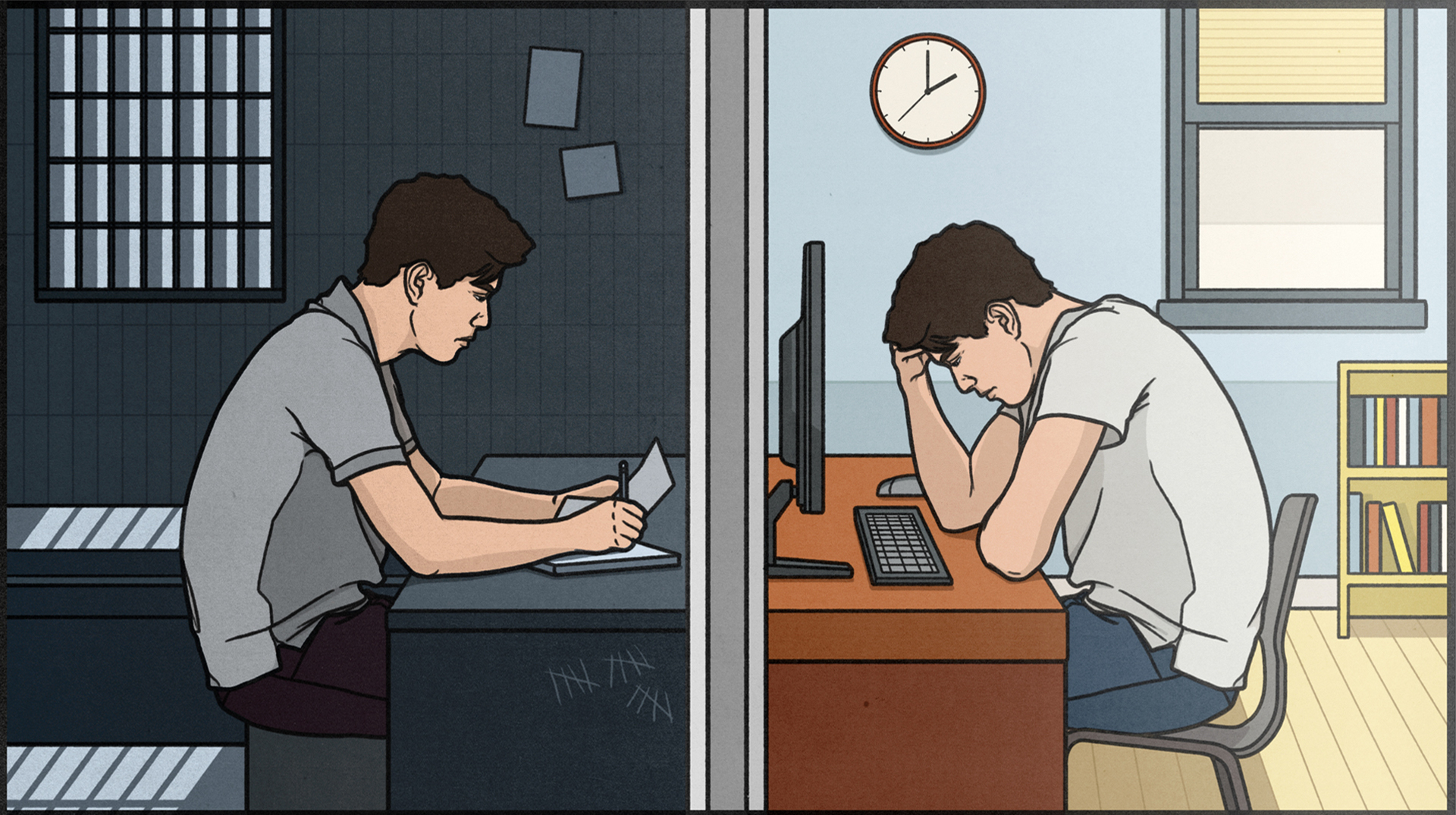In today’s digital-first world, access to the internet is not merely a convenience. It has become a fundamental aspect of societal integration and equal opportunity – it is essential for everyday life. This reality is starkly evident in the challenges faced by former prisoners re-entering society, who are often thrust into a digital landscape that can be both intimidating and unforgiving.
Those leaving the prison system often face considerable barriers, from accessing essential online services – whether finding housing or accessing mental health support – to finding employment in a job market where opportunities are predominantly listed online. This not only hampers their ability to secure employment but also impacts their potential for a stable, law-abiding life post-incarceration.
The vital importance of digital skills in a job market where 90% of vacancies are only posted online is clear, yet this is just the beginning of the equation for reintegrating former prisoners. Beyond acquiring fundamental digital skills, these individuals also urgently need access to a reliable internet connection and a functional laptop.
- How the UK prison system ‘sets people up to fail’
- Fixing prison overcrowding may not be a vote-winner – but it’s essential to keep people safe
Without these essential tools, many ex-offenders are left stranded on the outskirts of the digital economy, deepening their isolation and compounding the barriers they face in rebuilding their lives. The systems around probation and access to welfare assume universal digital access, meaning those who cannot afford a device and connectivity, or lack the skills, are likely to face sanctions for failing to complete tasks required of them.
The Digital Poverty Alliance’s Tech4PrisonLeavers project has played a vital role in addressing this critical yet frequently overlooked aspect of our social fabric, focusing specifically on prison leavers in the West Midlands, and then London and the south east of England.
The pilot project provided a crucial lifeline. In London, of the twenty-three men who committed to the programme, fifteen successfully completed it, with some securing employment. The varied levels of digital literacy among the participants highlighted the necessity for personalised educational approaches, ensuring that each individual could benefit fully from the training provided.










